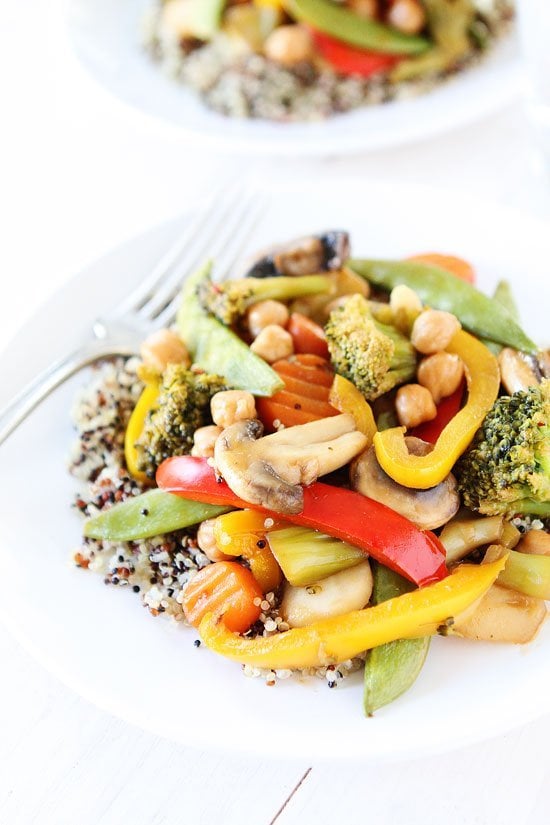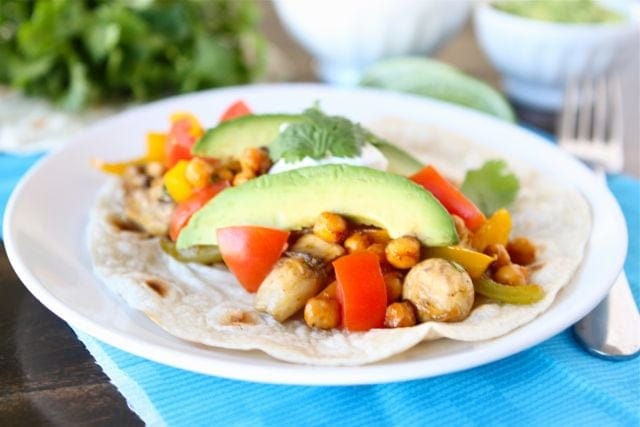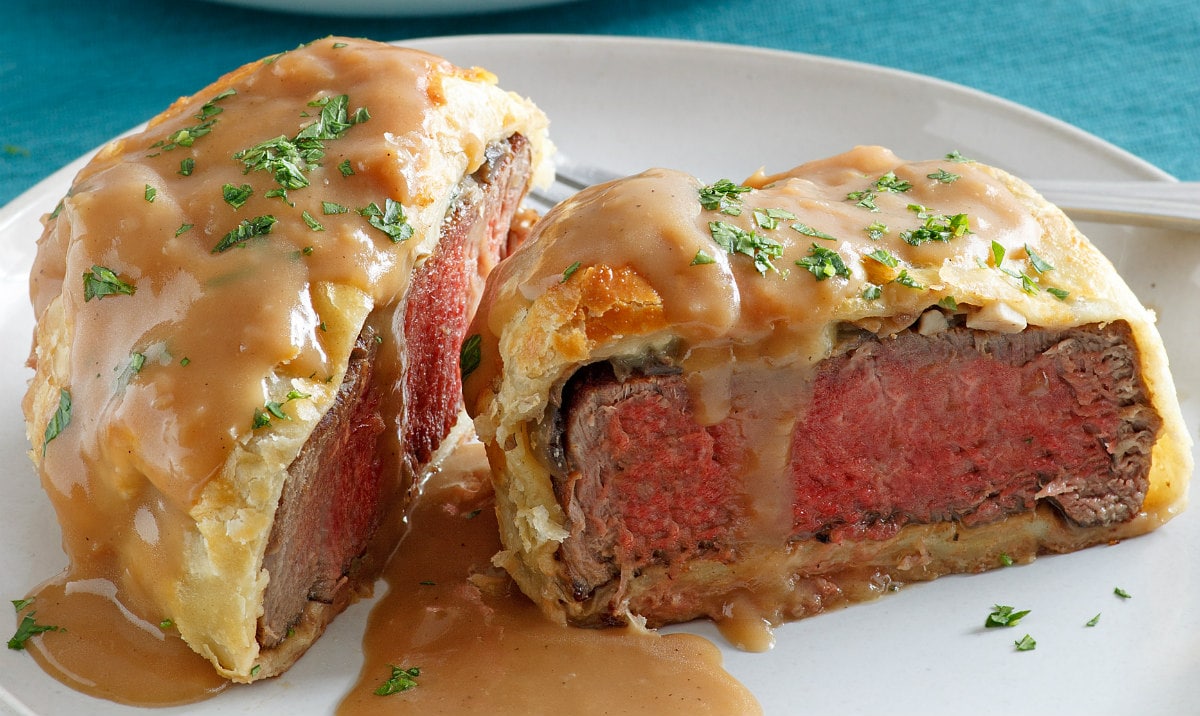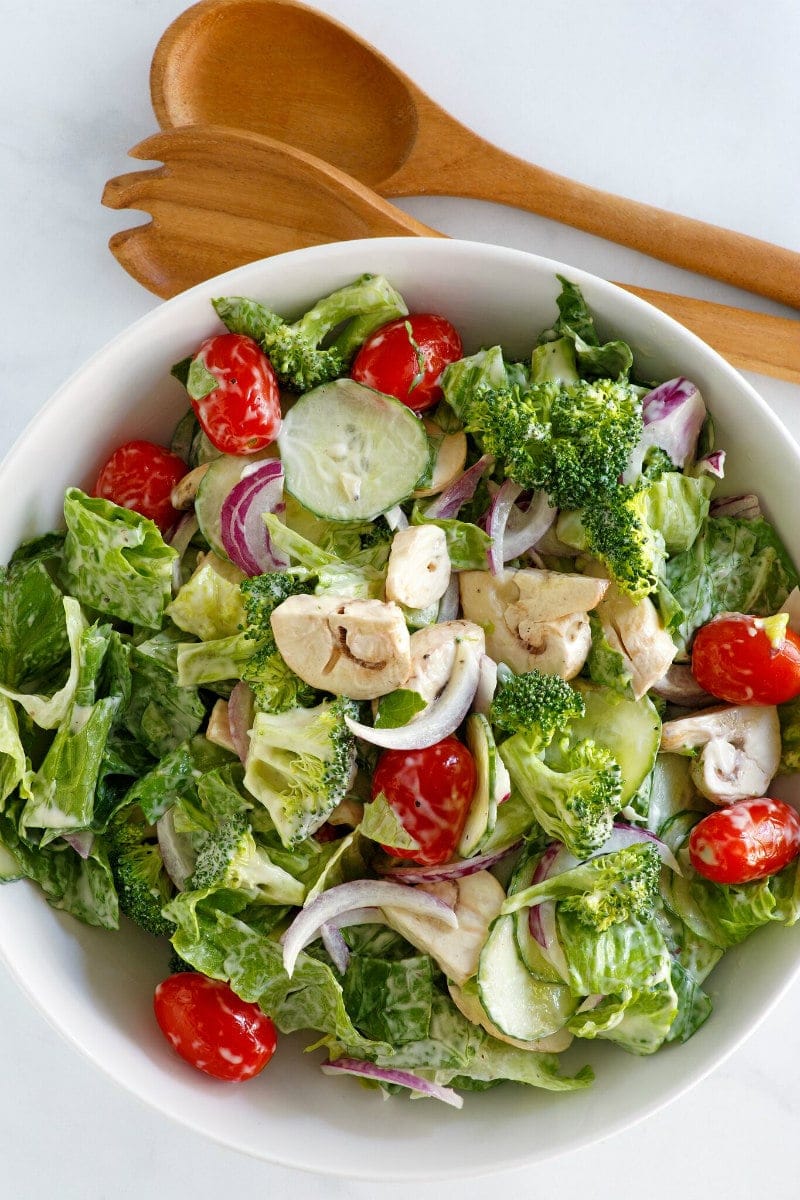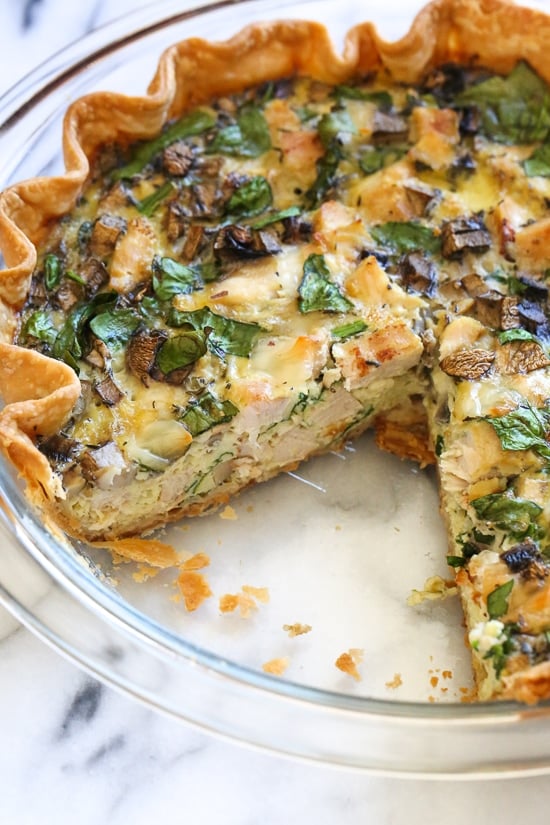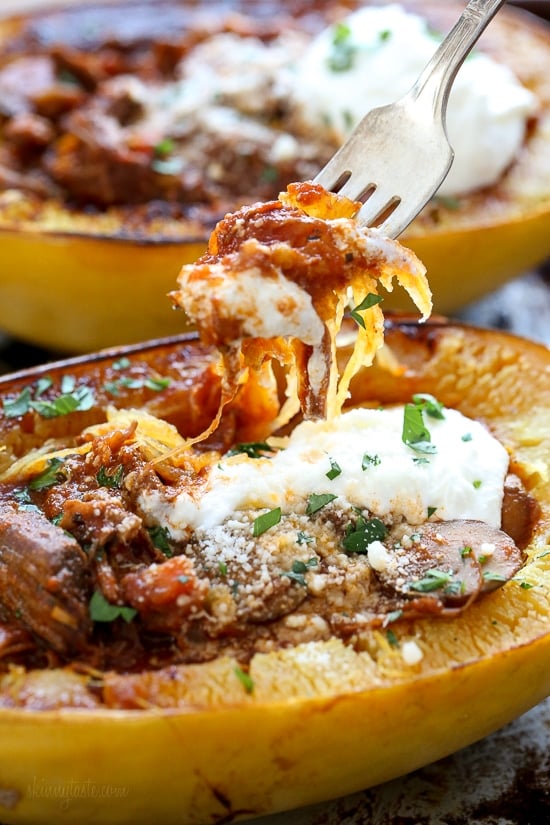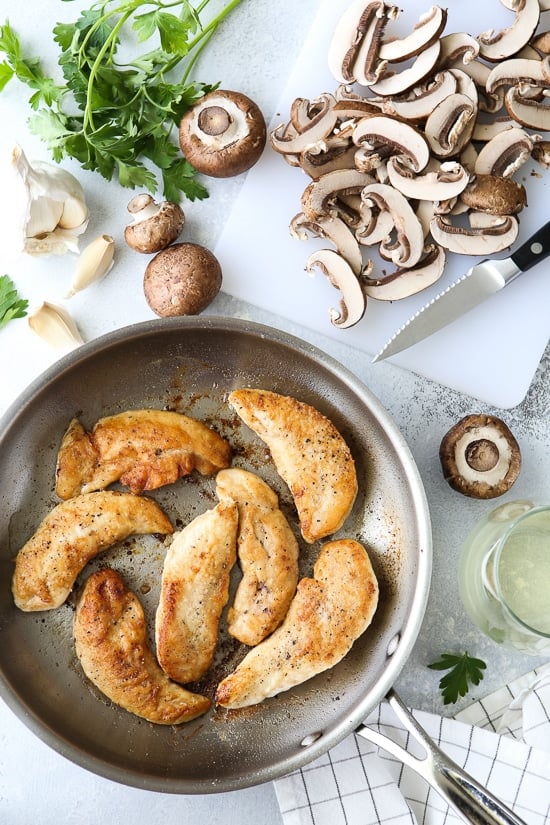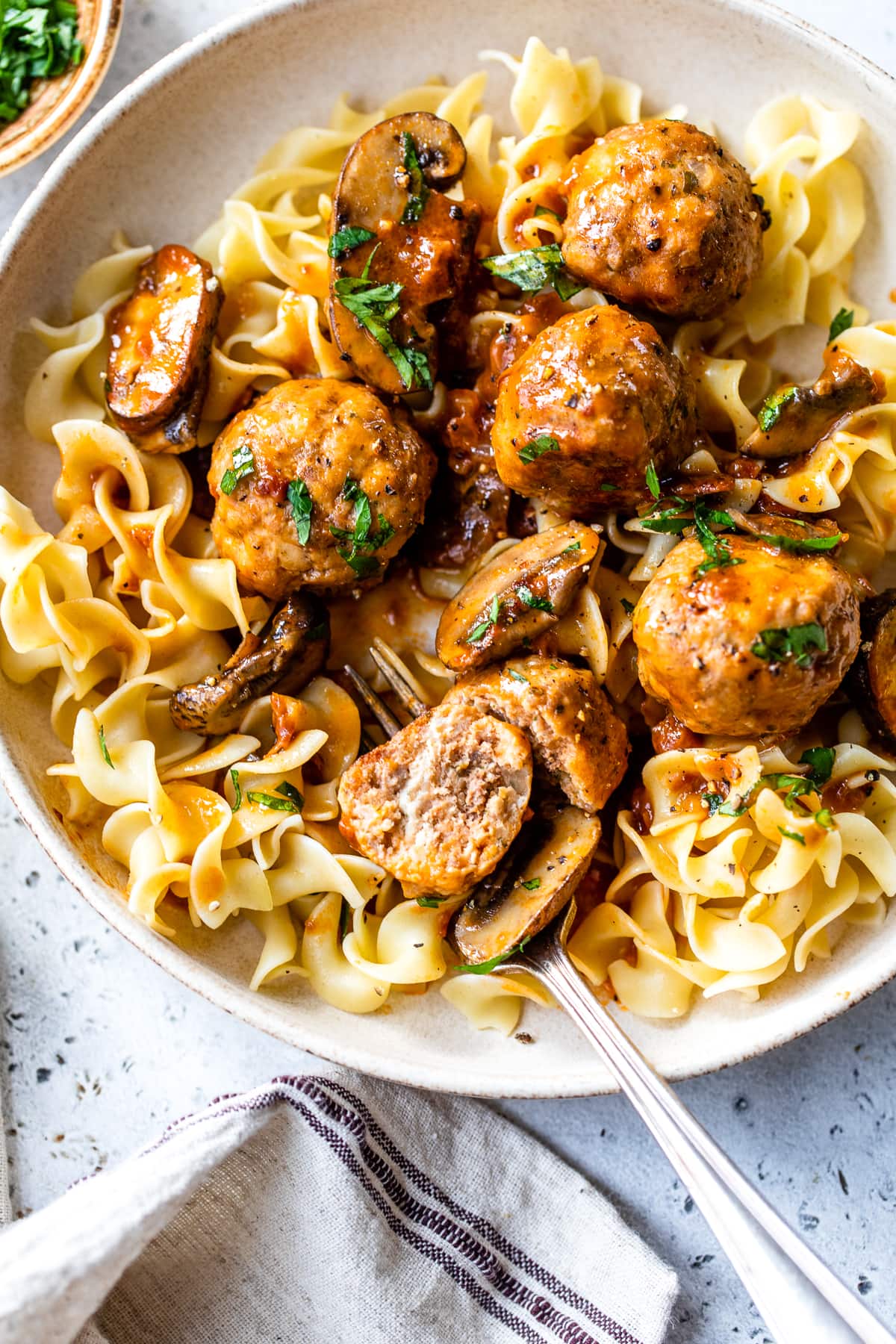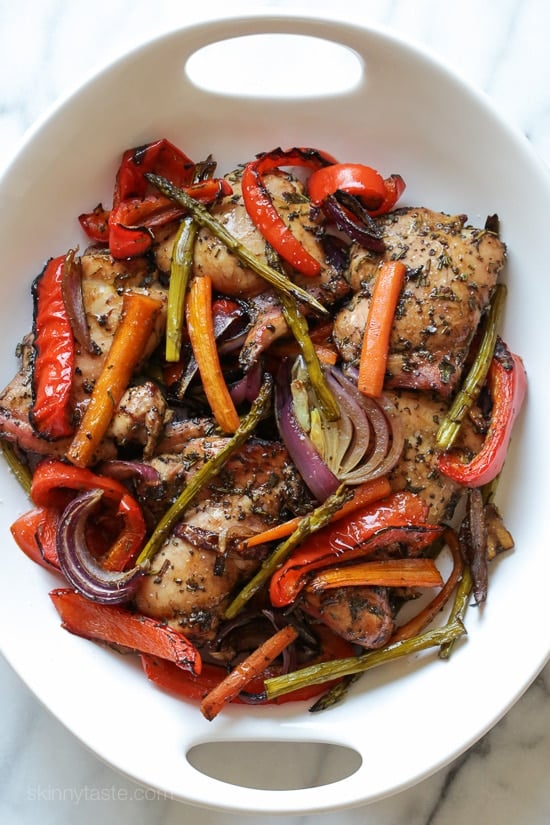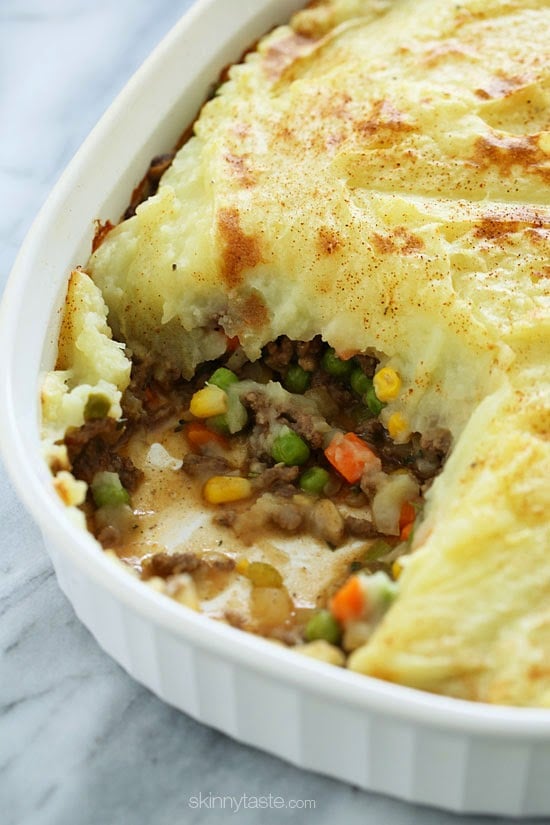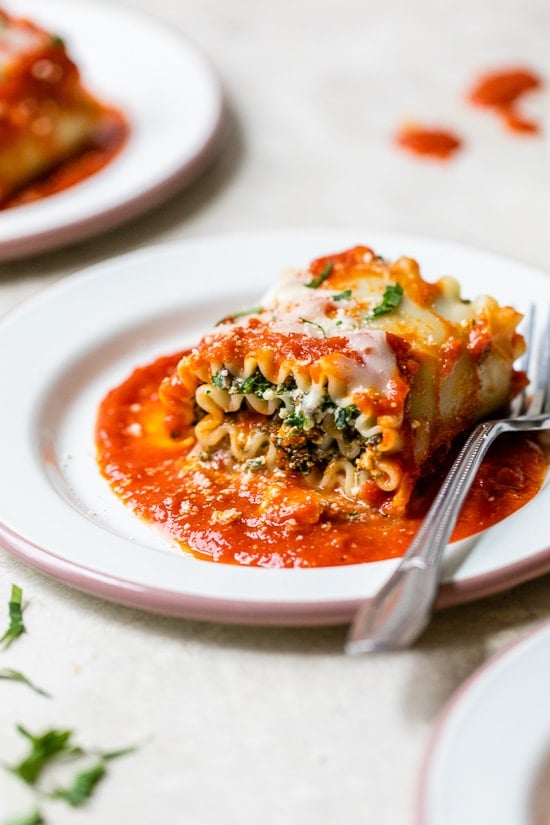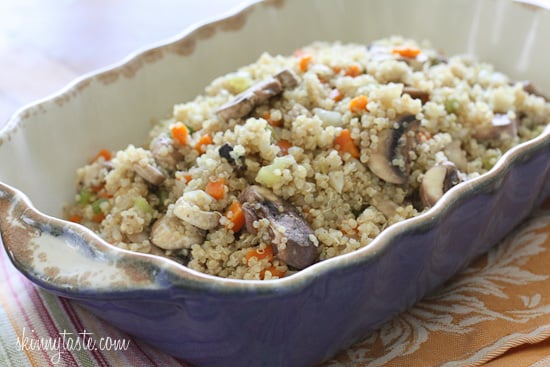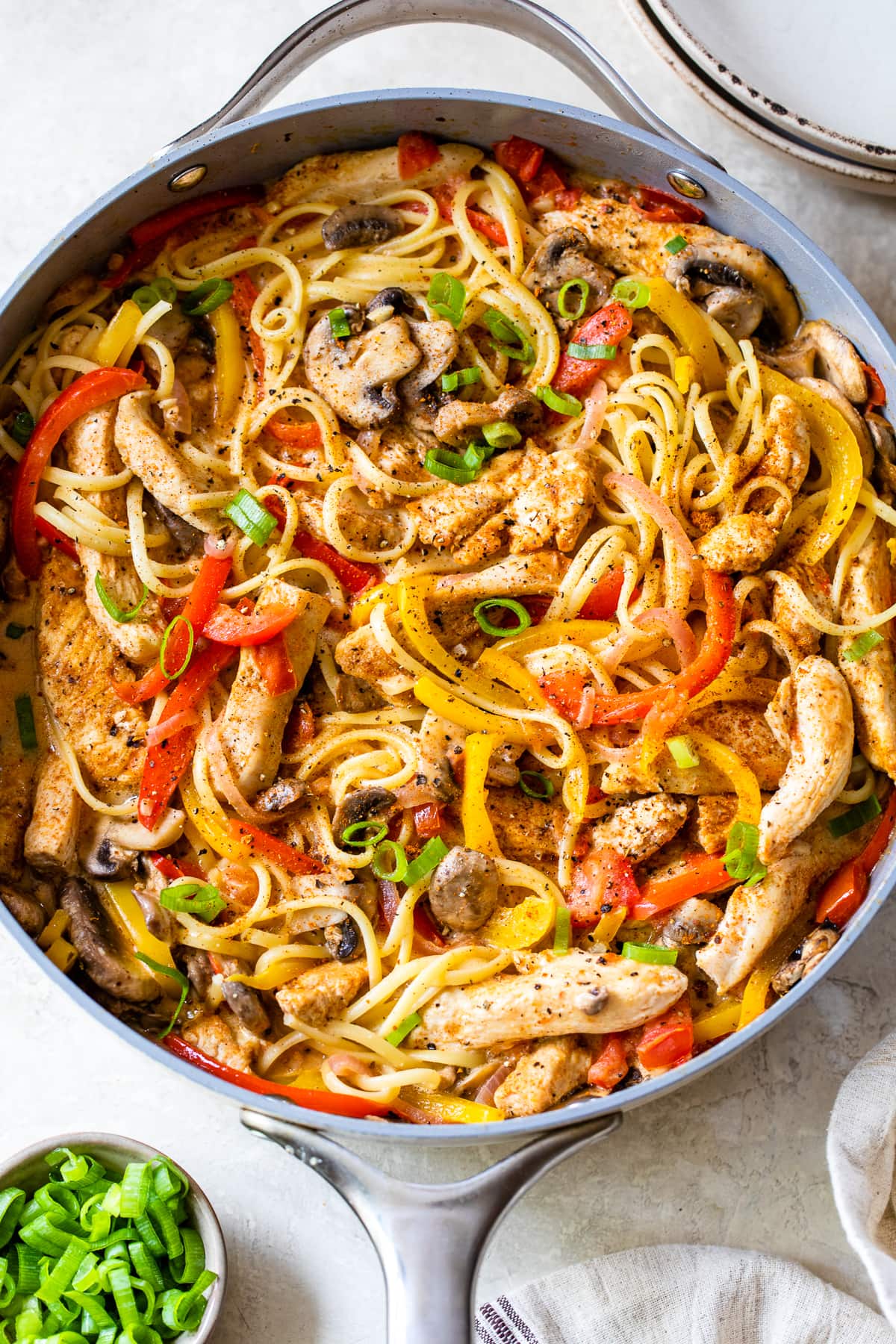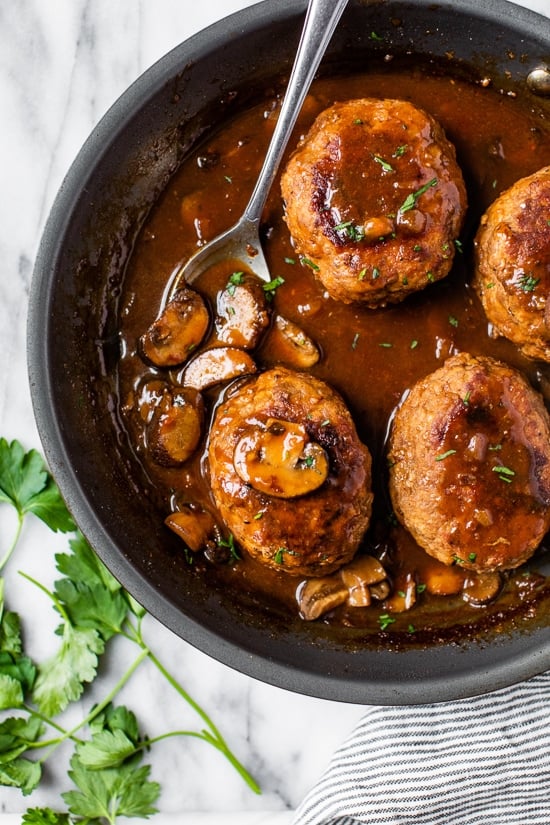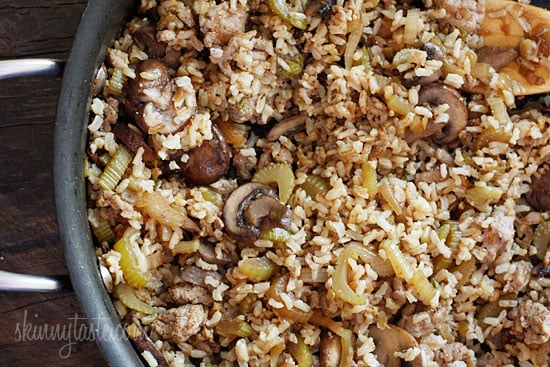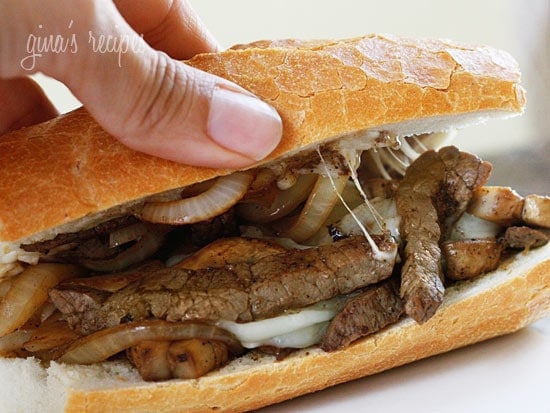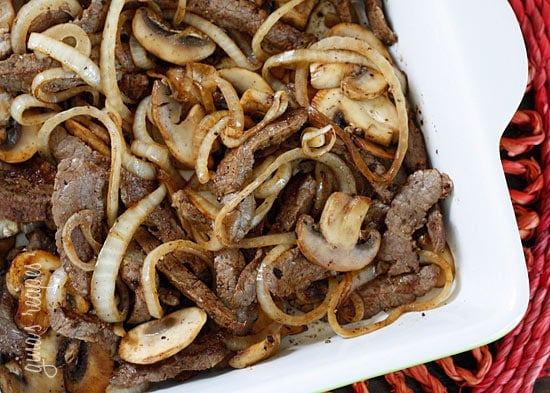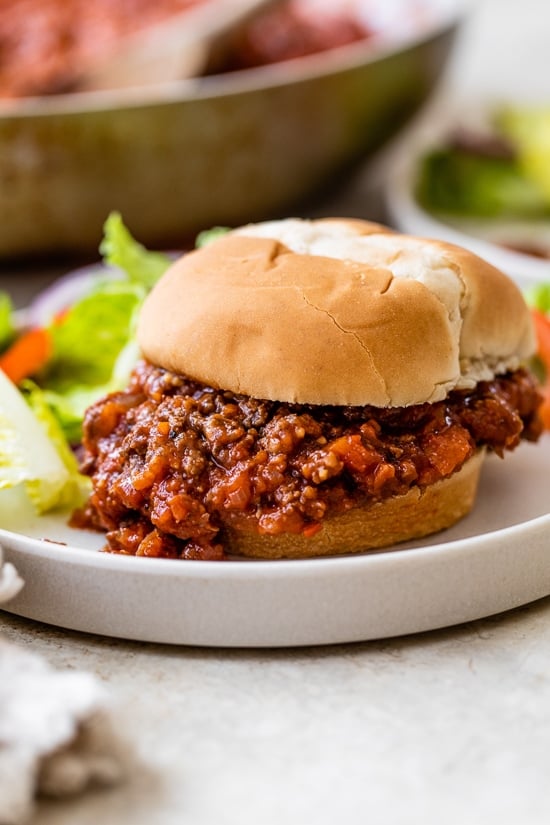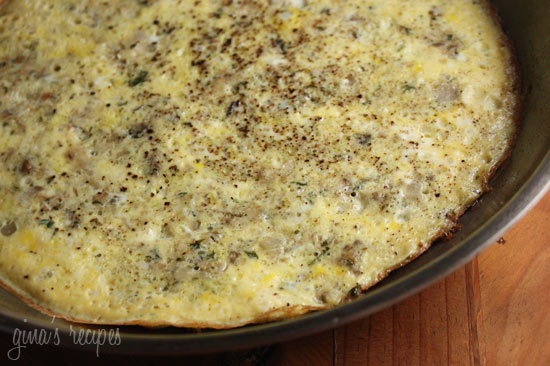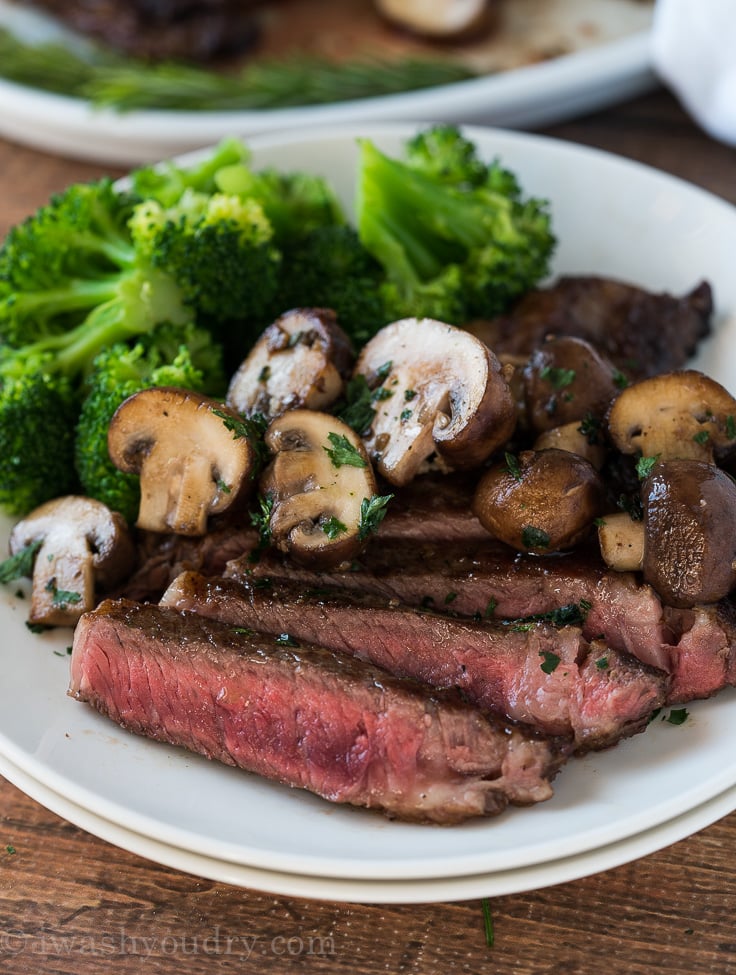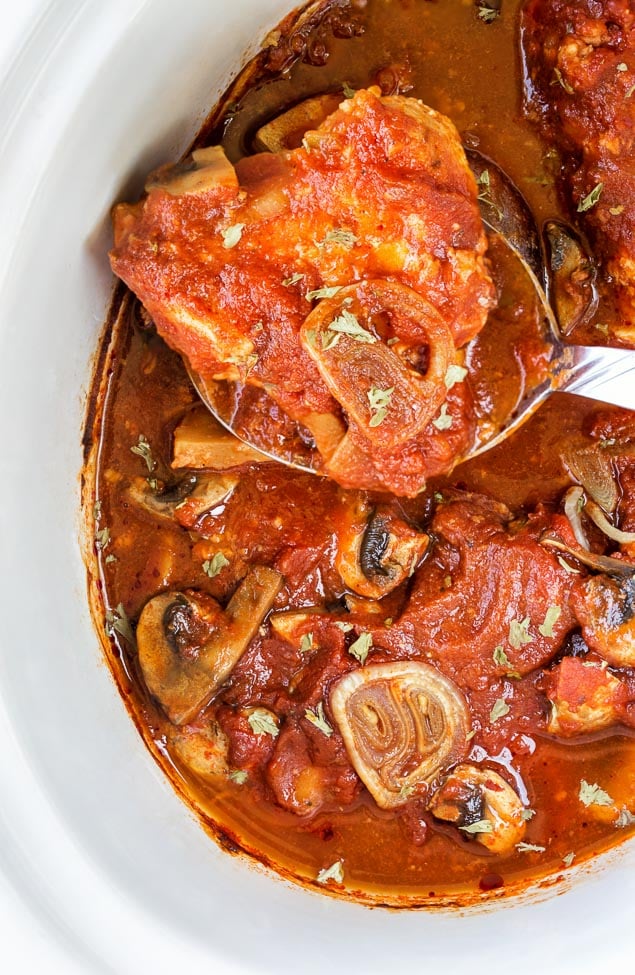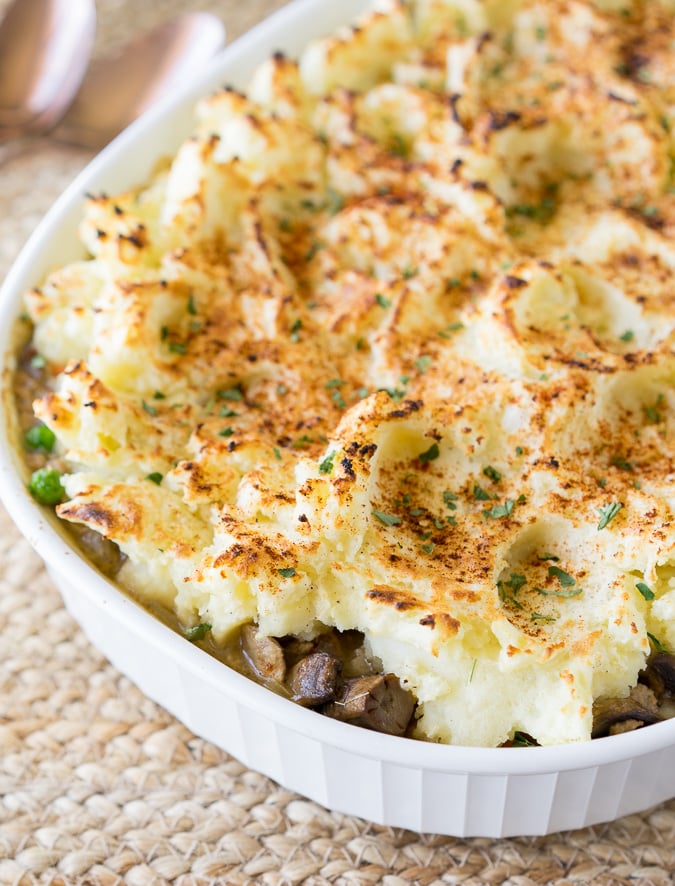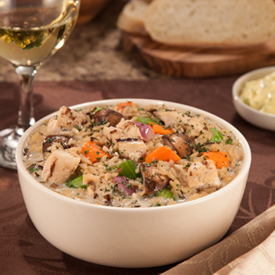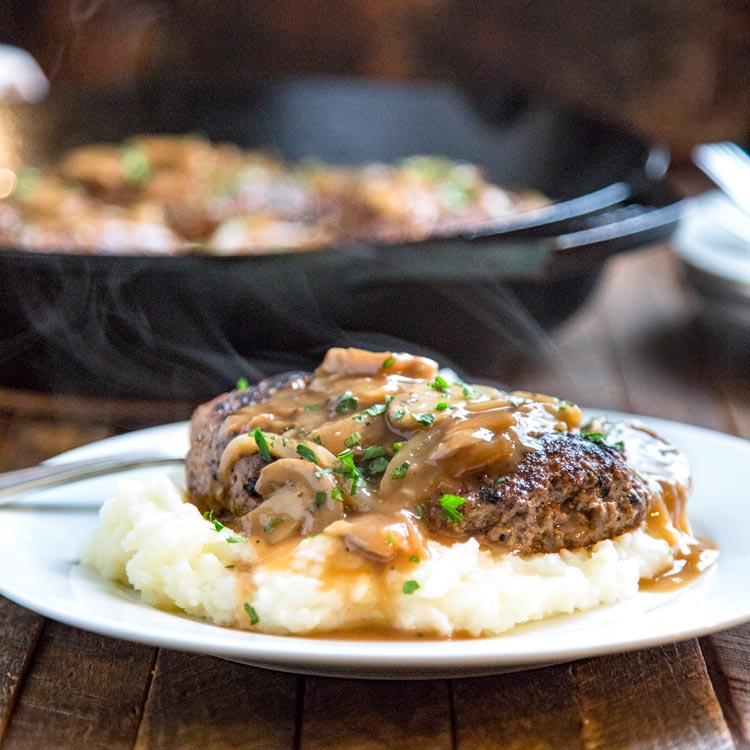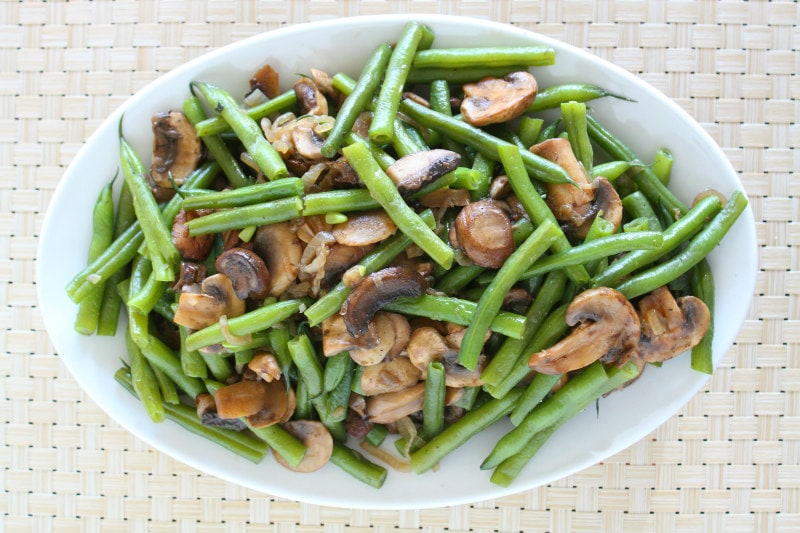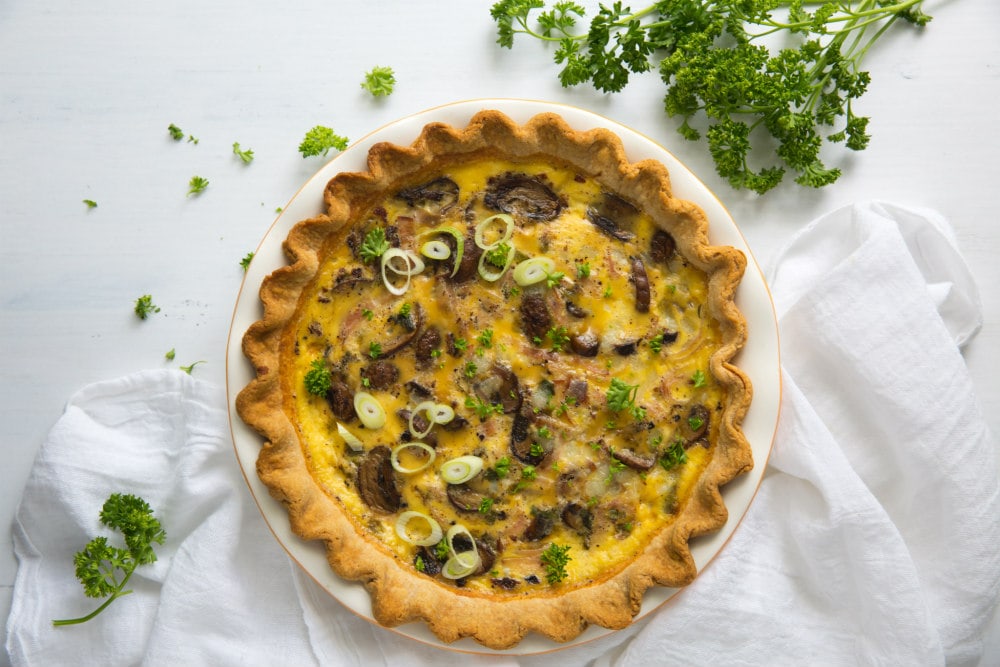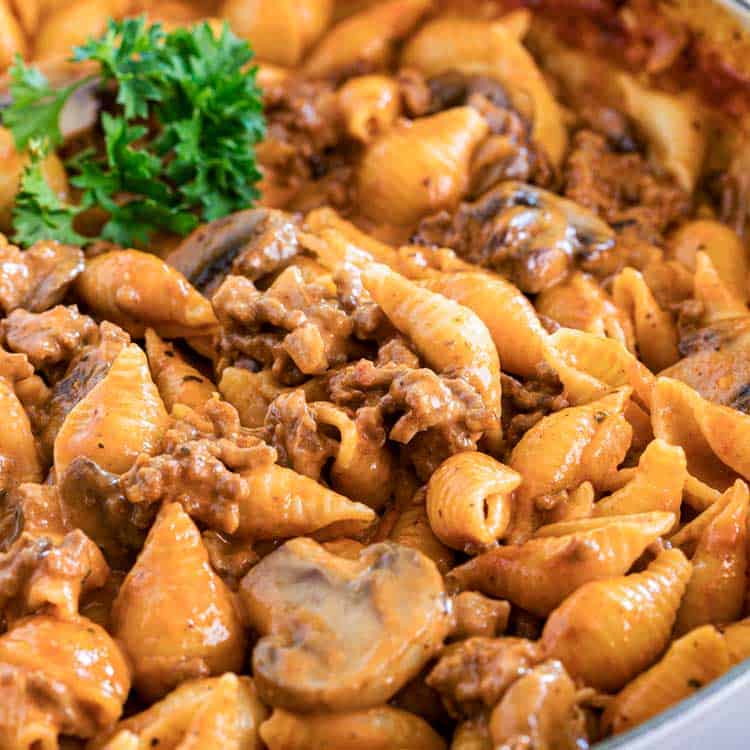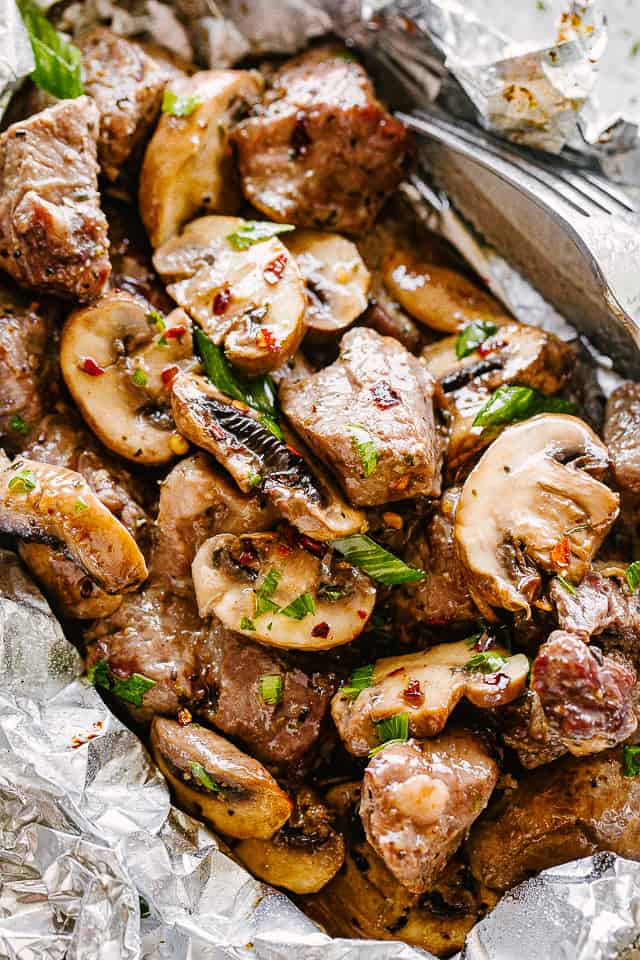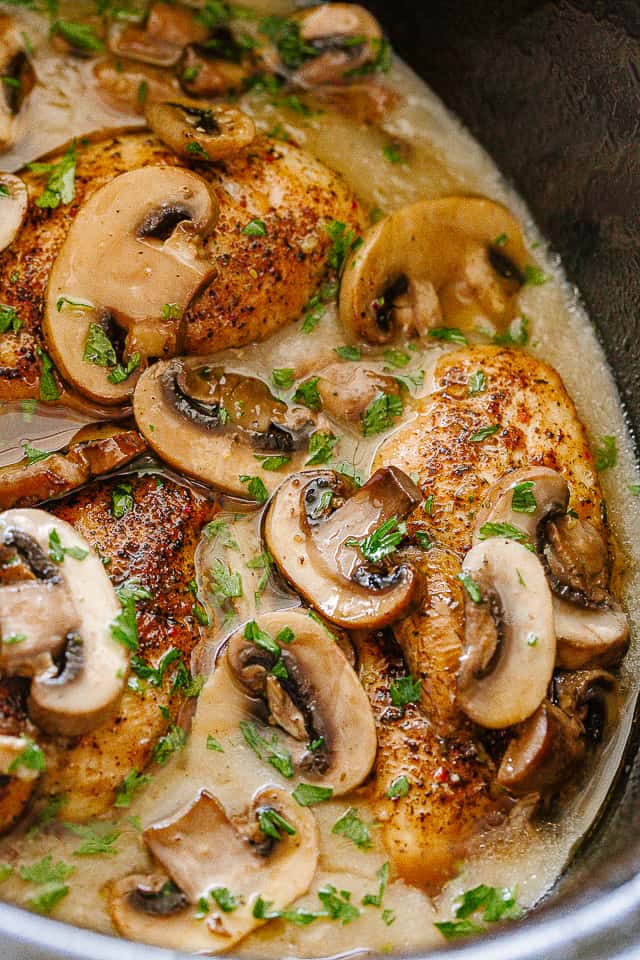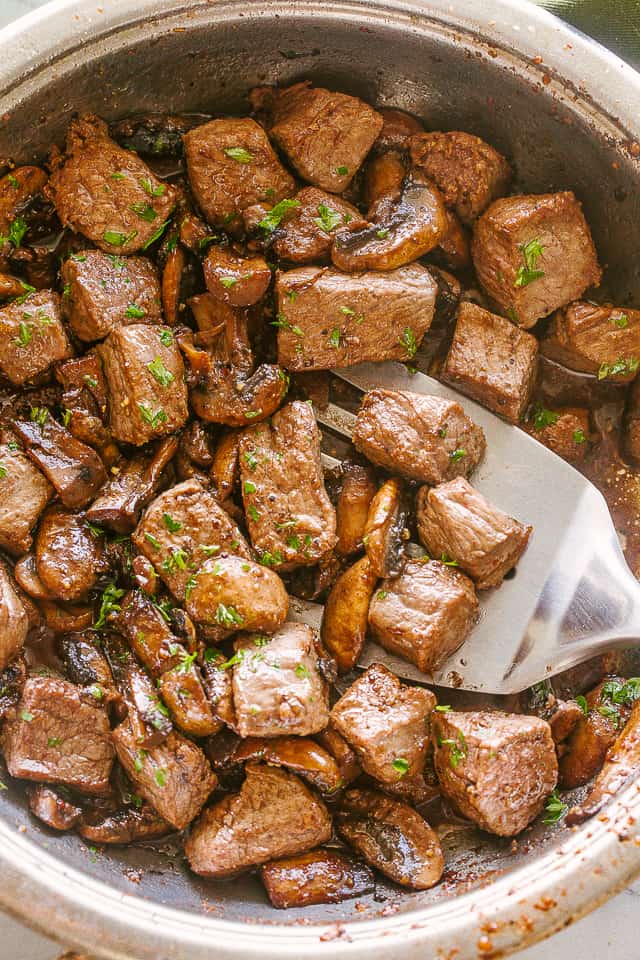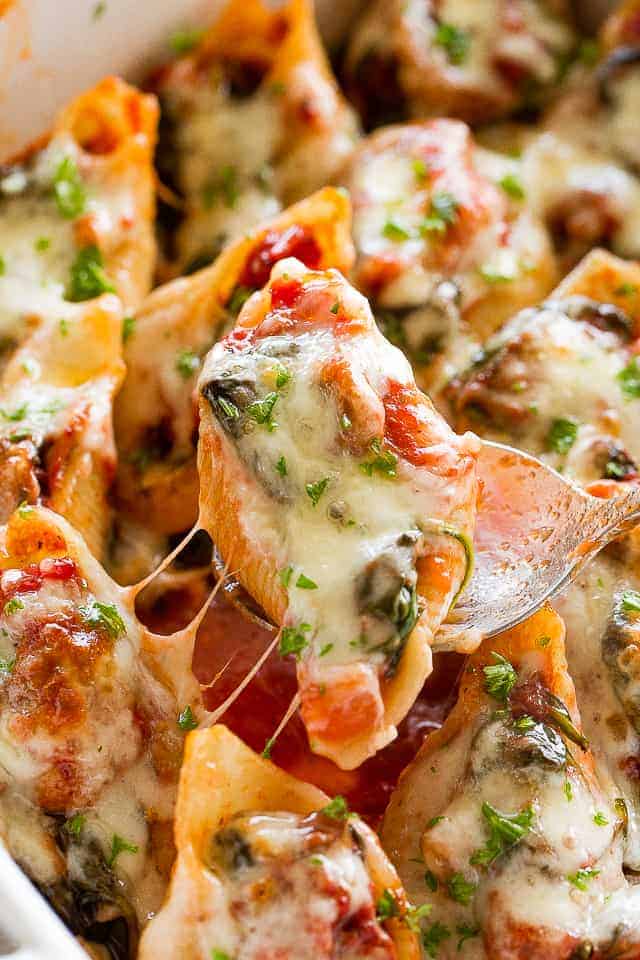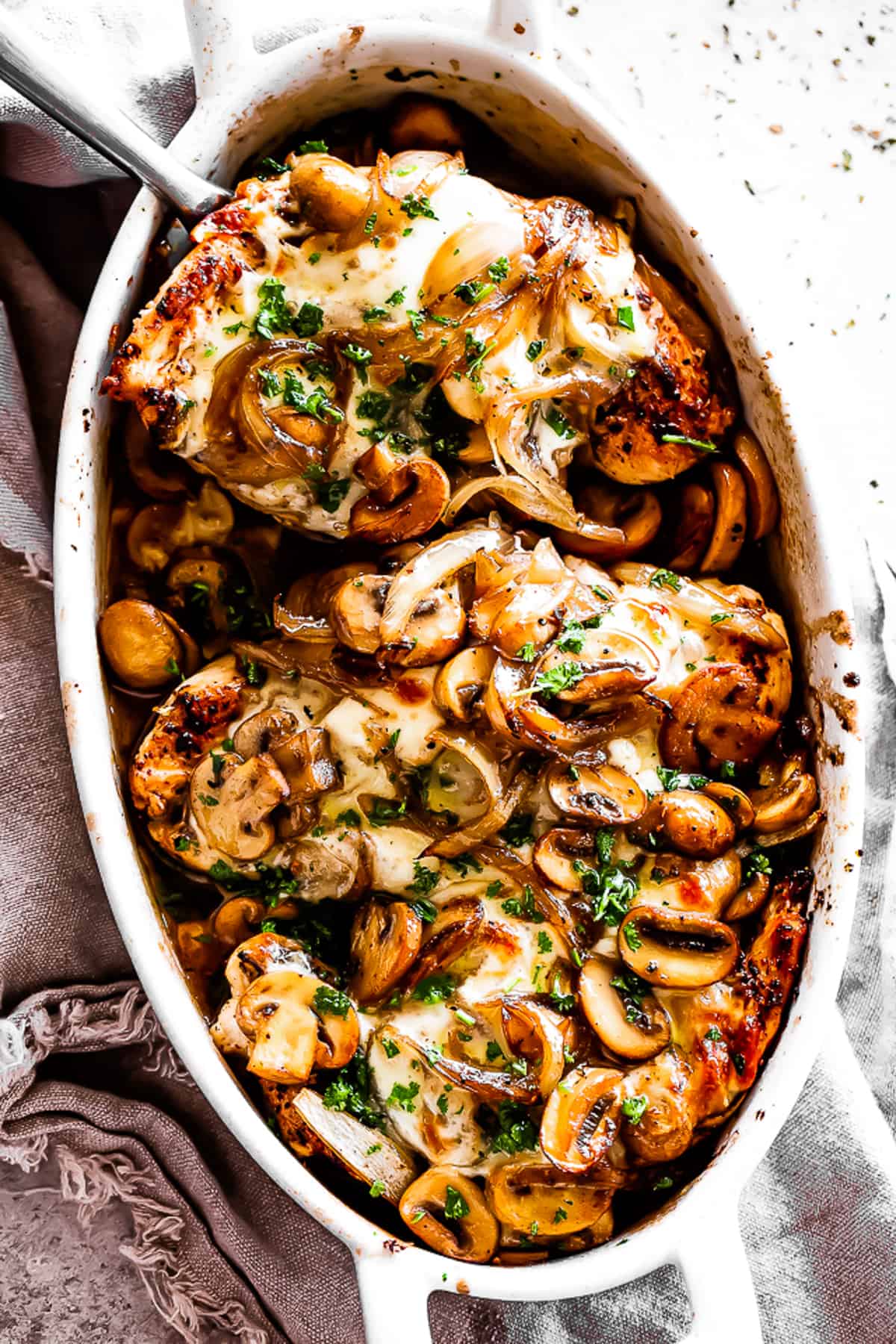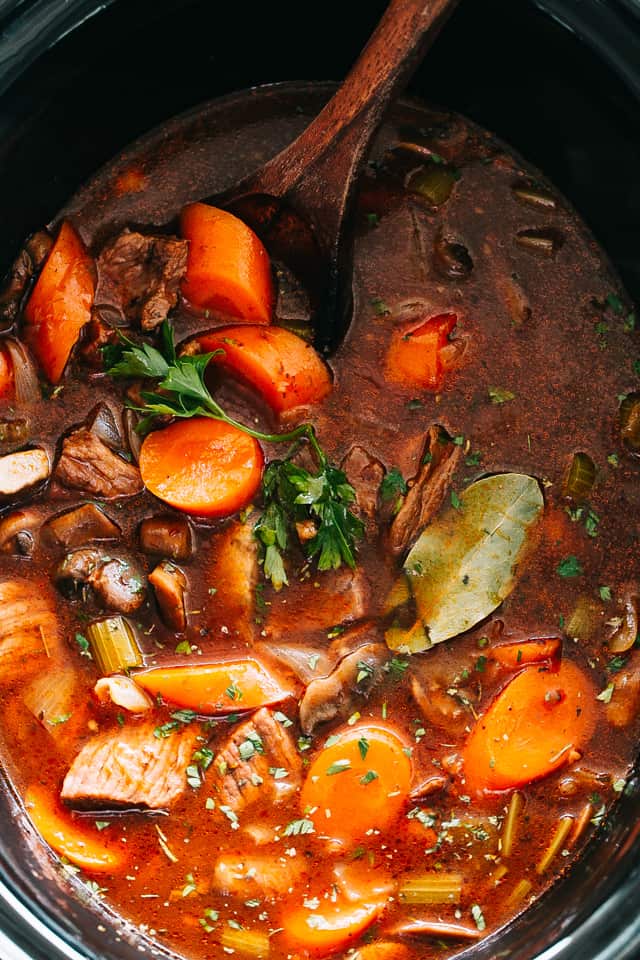Mushrooms: Important Facts, Health Benefits, and Recipes
Explore the nutritional benefits and culinary uses of mushrooms with our ultimate guide, covering their history, health advantages, storage tips, and more.
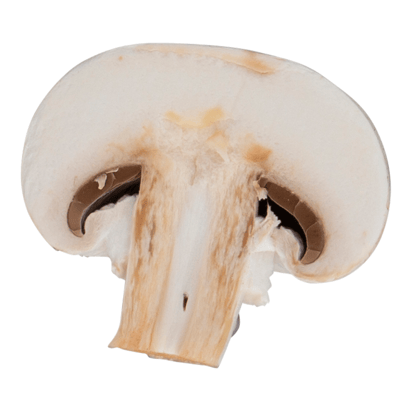
Best Mushrooms Recipes
-

-
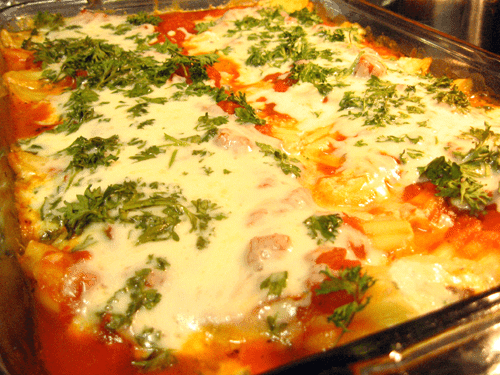
-
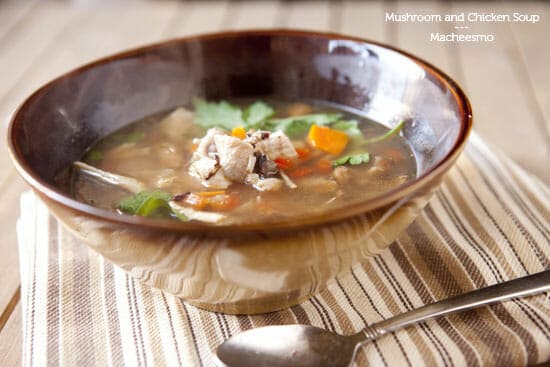
-
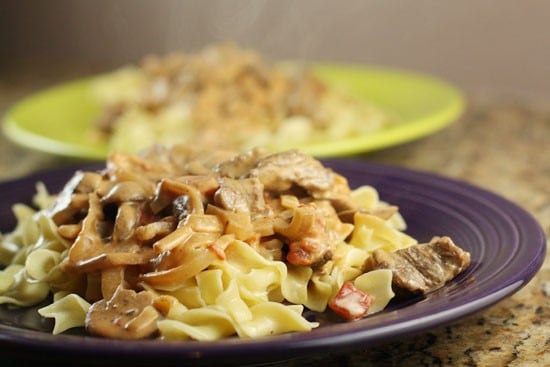
-
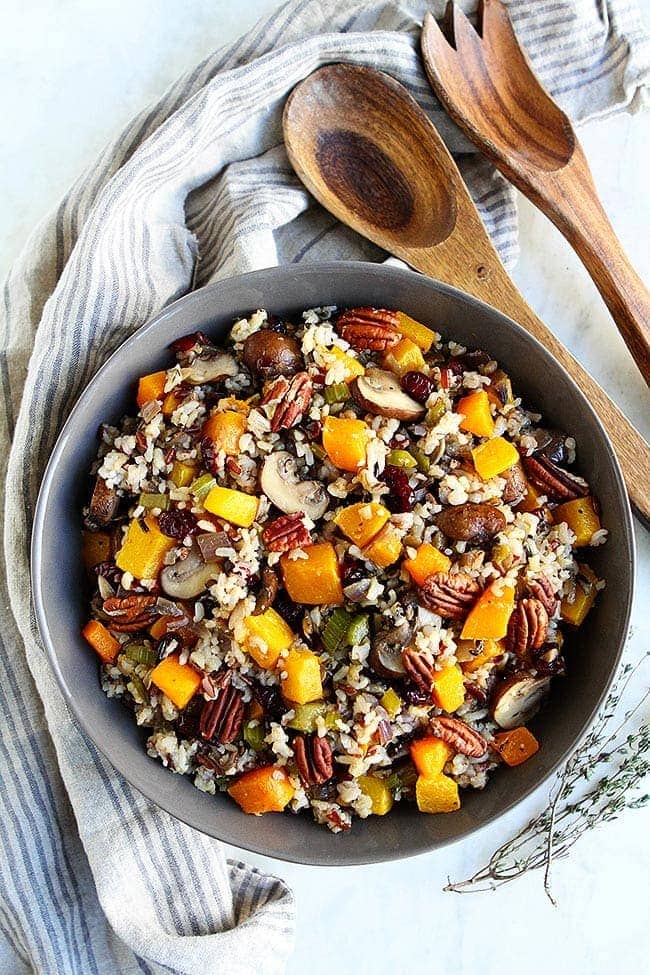
-
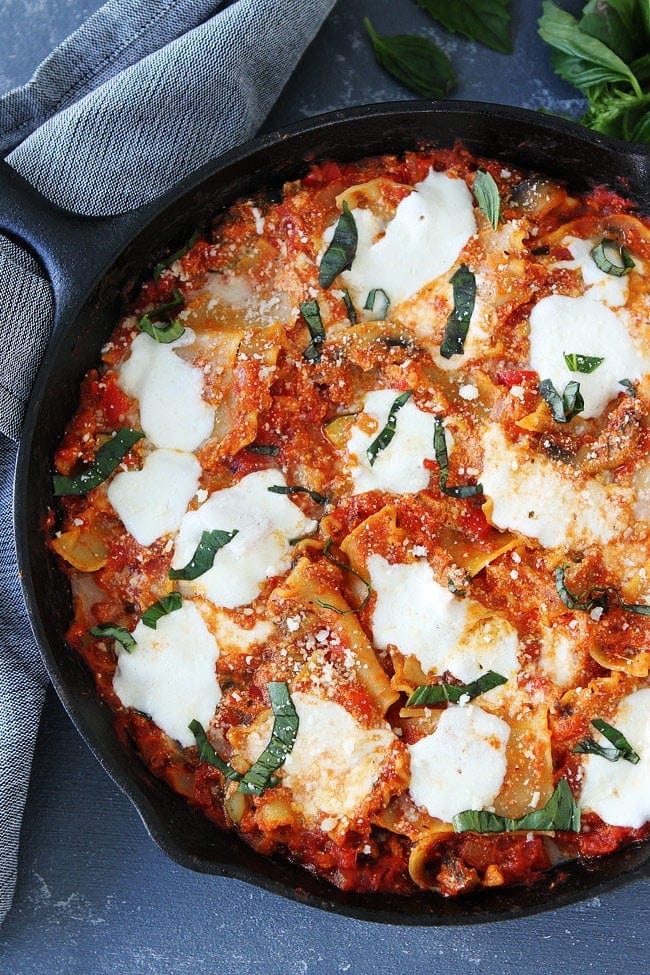
-
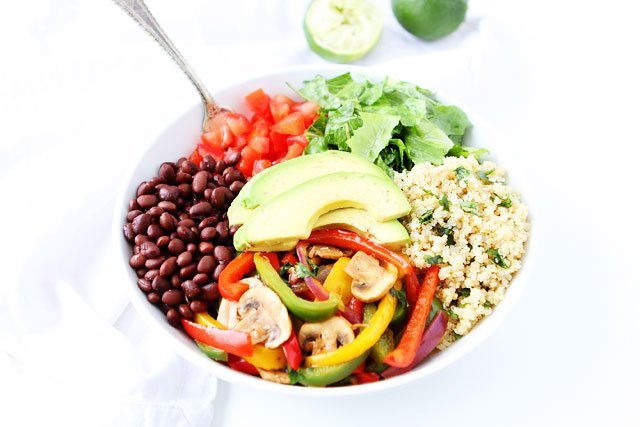
-
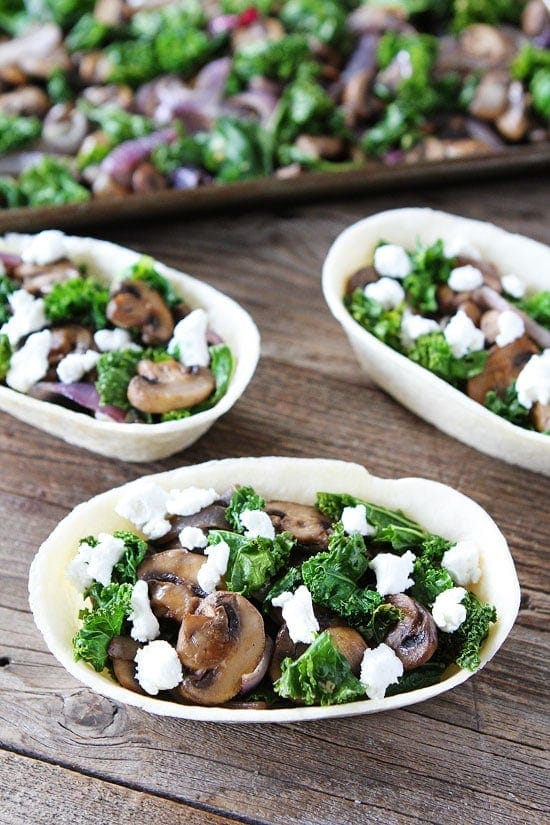
-
![Easy Chickpea Vegetable Stir Fry Image]()
-
![Roasted Chickpea Fajitas Image]()
-
![Chicago Deep Dish Pizza Image]()
-
![Beef Wellingtons with Gorgonzola and Madeira Wine Sauce Image]()
-
![Romaine and Broccoli Salad with Roasted Garlic Dressing Image]()
-
![Pizza Pasta Salad Image]()
-
![Chicken Quiche Recipe Image]()
-
![Beef and Mushroom Ragu with Spaghetti Squash Image]()
-
![Chicken and Mushrooms in a Garlic White Wine Sauce Image]()
-
![Salisbury Steak Meatballs (Instant Pot, Stove Top, Slow Cooker) Image]()
-
![Balsamic Chicken with Roasted Vegetables Image]()
-
![Shepherd's Pie, Lightened Up Image]()
-
![Loaded Philly Cheesesteak Baked Potato Image]()
-
![Farro and Sausage Stuffed Roasted Acorn Squash Image]()
-
![Mushroom Kale Lasagna Rolls Image]()
-
![Turkey Sweet Potato Shepherd's Pie Image]()
-
![Mushroom Fennel Quinoa Stuffing Image]()
-
![Cajun Chicken Pasta on the Lighter Side Image]()
-
![Skinny Salisbury Steak with Mushroom Gravy Image]()
-
![Chicken Sausage Brown Rice Stuffing with Celery and Mushrooms Image]()
-
![Steak and Cheese Sandwiches with Onions and Mushrooms Image]()
-
![Quick Skillet Steak with Onions and Mushrooms Image]()
-
![Sloppy Joes Image]()
-
![Mom's Lightened Beef Stroganoff Image]()
-
![Mushroom Shallot Frittata Image]()
-
![Garlic Mushroom Steak Recipe Image]()
-
![Slow Cooker Chicken Cacciatore Image]()
-
![Turkey Mushroom Shepherd’s Pie Image]()
-
![Grilled Chicken and Wild Rice Soup Image]()
-
![Mummy Calzones Image]()
-
![Salisbury Steak with Gravy + Video Image]()
-
![Green Beans with Mushrooms and Shallots Image]()
-
![Quiche Lorraine Image]()
-
![Creamy Beef Pasta Image]()
-
![Steak and Mushrooms Foil Packs Image]()
-
![Slow Cooker Chicken Marsala Image]()
-
![Garlic Butter Steak Bites with Mushrooms Image]()
-
![Stuffed Shells Florentine Image]()
-
![Cheesy Baked Chicken with Mushrooms Image]()
-
![Best Ever Slow Cooker Beef Stew Image]()


